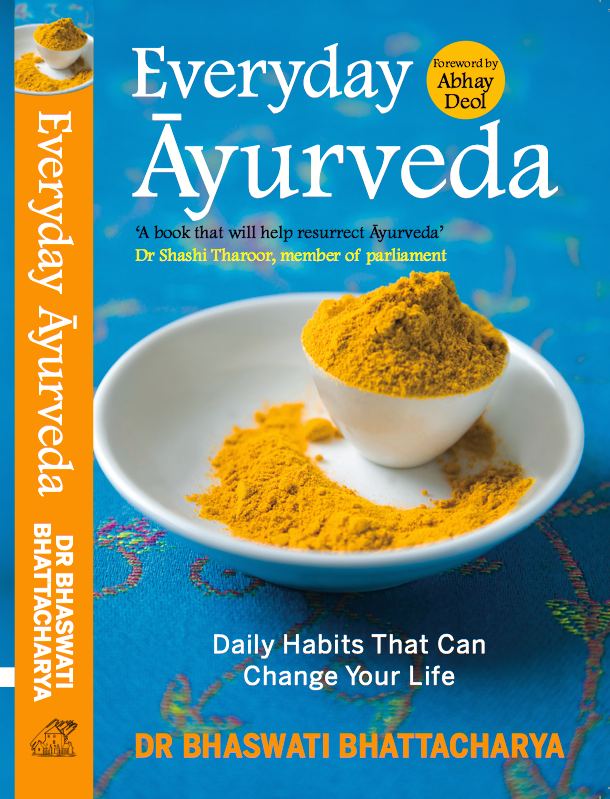As often as she could, my
mother would come into my room late at night, after all the guests had left or
been put to bed, and all the rooms were clean and closed.
On special days, such as
holidays or birthdays, she would recount an earlier year, showering me with
blessings for the coming future and reciting spontaneous Sanskrit mantras for
invoking the gods. She could make any day special, by remembering anniversaries
of our multitude of family members, ancestors, her various journeys through
many countries, or my father’s colorful career. She would begin with a sigh,
then recount her father or her mother who had died when she was nineteen, and a
story would emerge from the ethers and land in my bedroom, transporting us to
Calcutta or Kashi or Jessore of an earlier decade.
~
EveryDay Ayurveda, 2015, Chapter 38 - Recalling the Day
